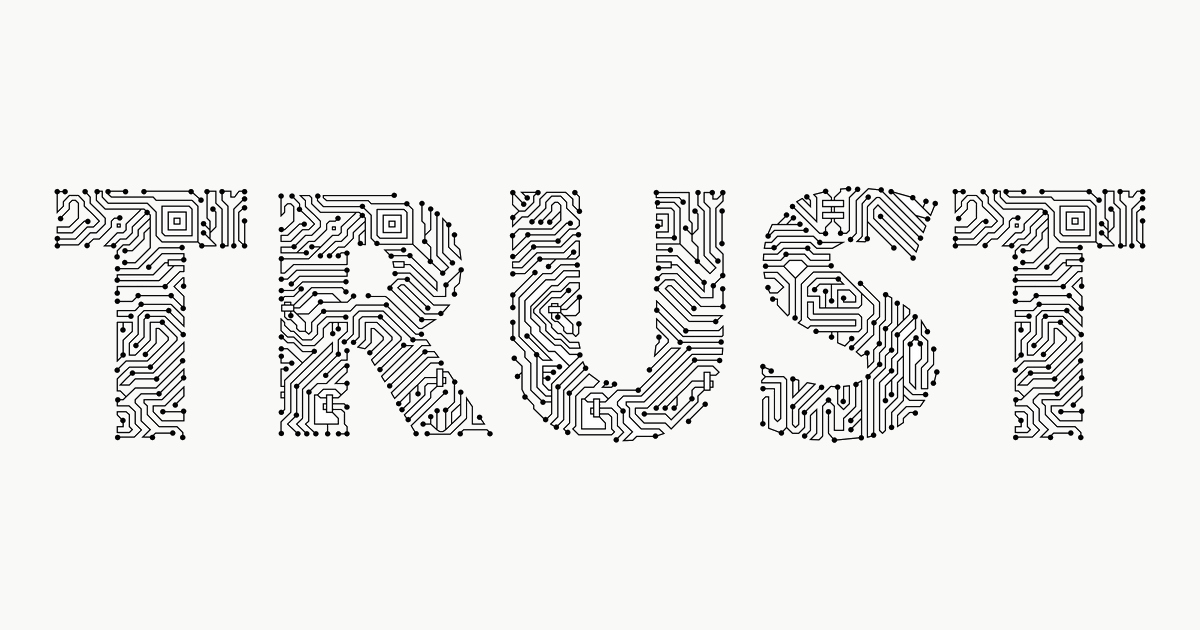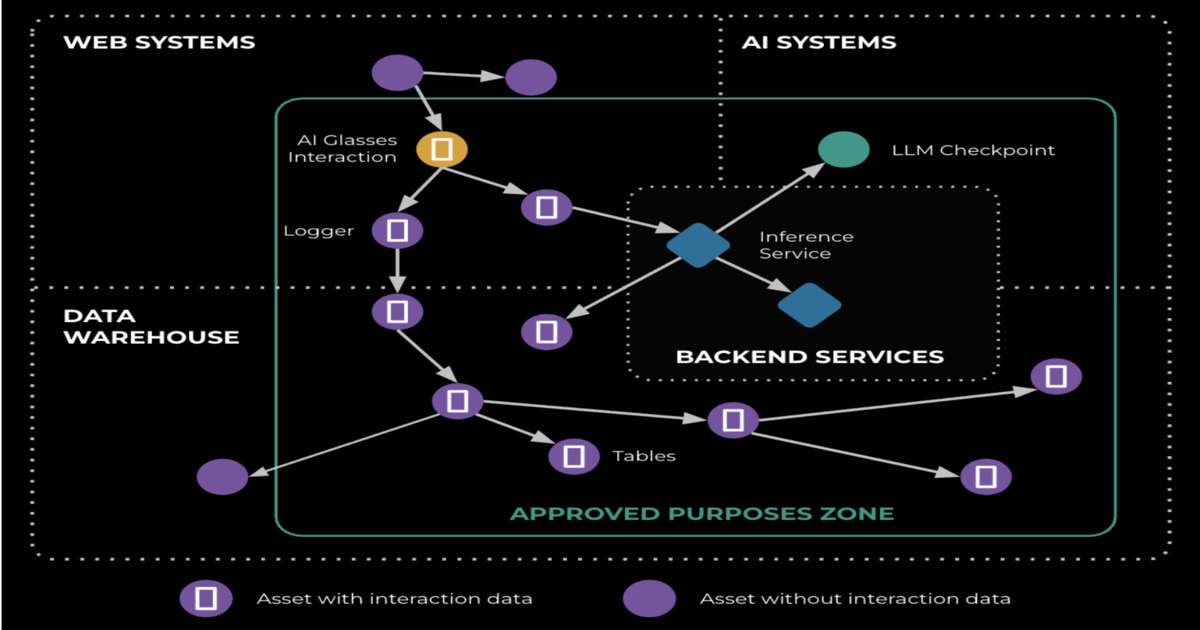Codetown
Codetown ::: a software developer's community
Kotlin Thursdays - Kotlin Koans with Ben Rodriguez Part 2
Kotlin Thursdays: Kotlin Koans with Ben Rodriguez
Part 1 here: https://codetown.com/group/kotlin/forum/topics/kotlin-thursdays-kot...
Welcome, all to another week of Kotlin Thursdays. In this week we are going to dive deeper into Kotlin Koans and like all koans, this one is going to get more difficult. This week we are going to cover default arguments, lambdas, strings and data classes. These koans are a great way to get into functional programming and learn about the kotlin syntax.
Within default arguments, we are going to you will see how kotlin can take declare an argument at the beginning of the function. Using this notation at the beginning of the function for some makes the code easier to read and support. Having the declarations at the top also reduces the lines of code so there is less sifting through lines. I learned how to do this type of declarations earlier and I always preferred that style.
Lambdas are still confusing to me. My first introduction into lambdas was playing with them on Amazon Web Services. I then saw that lambdas popped up in Java 7 and 8. I’m glad I can see them again here. I was a little confused about the “it” convention which confused me. When I read through the function from right to left the use of ‘it” makes perfect sense.
Strings glorious strings yes I sing this out loud often. This koan teaches us about string literals and string templates and how to use them. I weird but for some reason, this koan makes me happy. I think when I started down my Kotlin journey this is where things started making sense to me.
The last koan we explore is the data class. Within the data class koan we see some the readability of Kotlin shine. We are given a class in java and then rewriting the class in kotlin and as you might have guess writing in Kotlin is cleaner.
I hope you enjoy the Kotlin Thursdays episode!
For this walkthrough, you will need to install the EduTools plugin into IntelliJ!
https://www.jetbrains.com/help/education/install-edutools-plugin.html?section=IntelliJ%20IDEA
Here is another overview of what we are doing -
https://www.jetbrains.com/help/education/learner-start-guide.html?s...
Websites and Courses
Think of these resources as supplemental if you happen to be more curious. We always encourage looking into documentation for things you use!
- Udemy “Kotlin for Beginners: Learn Programming With Kotlin”: https://www.udemy.com/kotlin-cou...
- Treehouse ”Kotlin for Java Developers”: https://teamtreehouse.com/librar...
- Pluralsight “Kotlin Fundamentals”: https://www.pluralsight.com/cour...
- Most popular Kotlin projects, libraries and other frameworks: https://kotlinlang.org/docs/reso...,
- Kotlin Koans: https://kotlinlang.org/docs/tutorials/koans.html
- Coursera "Kotlin for Java Developers": https://www.coursera.org/learn/kotlin-for-java-developers
Books
- Kotlin in Action by “Dmitry Jemerov and Svetlana Isakova”
- Hands on Microservices with Kotlin by “Juan Antonio Medina Iglesias”
Tags:
Replies to This Discussion
-
Permalink Reply by Michael Levin on November 15, 2018 at 4:16pm
-
Super! Can’t wait to work through it!
-
Notes
Welcome to Codetown!
 Codetown is a social network. It's got blogs, forums, groups, personal pages and more! You might think of Codetown as a funky camper van with lots of compartments for your stuff and a great multimedia system, too! Best of all, Codetown has room for all of your friends.
Codetown is a social network. It's got blogs, forums, groups, personal pages and more! You might think of Codetown as a funky camper van with lots of compartments for your stuff and a great multimedia system, too! Best of all, Codetown has room for all of your friends.
Created by Michael Levin Dec 18, 2008 at 6:56pm. Last updated by Michael Levin May 4, 2018.
Looking for Jobs or Staff?
Check out the Codetown Jobs group.
InfoQ Reading List
Presentation: How to Unlock Insights and Enable Discovery Within Petabytes of Autonomous Driving Data

Kyra Mozley discusses the evolution of autonomous vehicle perception, moving beyond expensive manual labeling to an embedding-first architecture. She explains how to leverage foundation models like CLIP and SAM for auto-labeling, RAG-inspired search, and few-shot adapters. This talk provides engineering leaders a blueprint for building modular, scalable vision systems that thrive on edge cases.
By Kyra MozleyArticle Series - AI Assisted Development: Real World Patterns, Pitfalls, and Production Readiness

In this series, we examine what happens after the proof of concept and how AI becomes part of the software delivery pipeline. As AI transitions from proof of concept to production, teams are discovering that the challenge extends beyond model performance to include architecture, process, and accountability. This transition is redefining what constitutes good software engineering.
By Arthur CasalsHow CyberArk Protects AI Agents with Instruction Detectors and History-Aware Validation

To prevent agents from obeying malicious instructions hidden in external data, all text entering an agent's context must be treated as untrusted, says Niv Rabin, principal software architect at AI-security firm CyberArk. His team developed an approach based on instruction detection and history-aware validation to protect against both malicious input data and context-history poisoning.
By Sergio De SimoneAnthropic announces Claude CoWork

Introducing Claude Cowork: Anthropic's groundbreaking AI agent revolutionizing file management on macOS. With advanced automation capabilities, it enhances document processing, organizes files, and executes multi-step workflows. Users must be cautious of backup needs due to recent issues. Explore its potential for efficient office solutions while ensuring data integrity.
By Andrew HoblitzellTracking and Controlling Data Flows at Scale in GenAI: Meta’s Privacy-Aware Infrastructure

Meta has revealed how it scales its Privacy-Aware Infrastructure (PAI) to support generative AI development while enforcing privacy across complex data flows. Using large-scale lineage tracking, PrivacyLib instrumentation, and runtime policy controls, the system enables consistent privacy enforcement for AI workloads like Meta AI glasses without introducing manual bottlenecks.
By Leela Kumili
© 2026 Created by Michael Levin.
Powered by
![]()